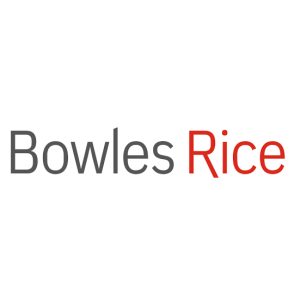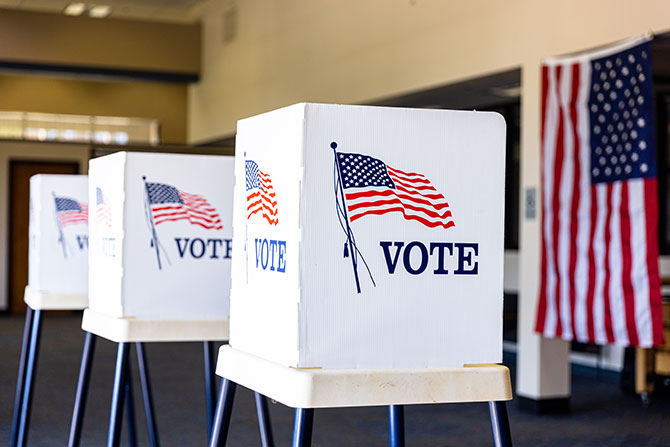Foreclosure is an inherently expensive process, and the West Virginia Consumer Credit Protection Act (WVCCPA) limits the default charges that may be charged to consumer borrowers following the reinstatement of their loans. Nevertheless, West Virginia Code § 46A-2-115 provides an avenue through which holders of consumer loans may recover various foreclosure-related expenses.
This statute was amended by the West Virginia Legislature in 2016 to make it easier for consumer lenders to collect the fees identified by the amended statute. Before 2016, it was unclear whether the prior version of the statute authorized creditors to recover foreclosure-related expenses after consumers reinstated their loans prior to a trustees’ sale. Prudent creditors were faced with a dilemma: they could either allow defaulting borrowers to reinstate their loans after the foreclosure process had started and forego the recovery of foreclosure-related expenses; or they could reject borrowers’ requests to reinstate their loans, go forward with a trustees’ sale, and recover foreclosure-related expenses from the proceeds of the trustees’ sale. The 2016 amendments were intended to benefit consumer lenders and consumer borrowers by incentivizing lenders to allow borrowers to reinstate their loans and by allowing creditors to recover reasonably incurred foreclosure-related expenses following loan reinstatement and cancellation of a trustees’ sale. While the West Virginia Supreme Court of Appeals has yet to construe the WVCCPA’s limitations on default charges provision following the legislature’s 2016 amendments, the amended language supports the considerations that resulted in the current version of the statute. The statute expressly provides that creditors may recover:
(A) Costs of publication; (B) an appraisal fee; (C) all costs incidental to a title examination, including professional fees, expenses incident to travel and copies of real estate tax records; (D) expenses incidental to notice made to lienholders and other parties and entities having an interest in the real property to be sold; (E) certified mailing costs; and (F) all fees and expenses incurred by a trustee incident to a pending trustee’s sale of the real property securing the consumer loan.
W. VA. Code § 46A-2-115(b)(2) (emphasis added). The catchall provision in subsection (F) is particularly notable, given its scope. Moreover, subsection (F)’s scope is buttressed by subsection (A) of the statute, which indicates that foreclosure-related expenses may be recovered under the amended statute. See West Virginia Code § 46A-2-115(a) (emphasis added) (“Except for reasonable expenses, including costs and fees authorized by statute incurred in realizing on a security interest, the agreements that evidence a consumer credit sale or a consumer loan may not provide for charges as a result of default by the consumer other than those authorized by this chapter.”).
However, there are two very important preconditions to the recovery of these expenses.
First, the governing loan agreement (or note or deed of trust) must expressly authorize the recovery of these expenses. As most West Virginia consumer lenders know, West Virginia courts have long interpreted the WVCCPA to prohibit the collection of any fee or charge unless it is expressly authorized by the WVCCPA and provided for in an agreement between a borrower and the creditor.
Second, creditors must comply with the following requirements imposed by West Virginia Code § 46A-2-115(b)(3):
(A) Each charge is reasonable in its amount; (B) each charge is actually incurred by or on behalf of the holder of the consumer loan; (C) each charge is actually incurred after the last day allowed for cure of the consumer’s default pursuant to section one hundred six, of this article and before the consumer reinstates the consumer loan or otherwise cures the default; (D) the holder of the consumer loan and the consumer have agreed to cancel any pending trustee’s sale or other foreclosure on the real property securing the consumer loan; and (E) in the case of an appraisal fee, no appraisal fee has been charged to the consumer within the preceding six months.
W. VA. Code § 46A-2-115(b)(3) (emphasis added). Most importantly, a charge must be reasonable in amount, it must have been actually incurred, it must have been incurred after the expiration of a consumer’s right to cure under West Virginia Code 46A-2-106 but before a consumer reinstates a loan, and the creditor and borrower must have agreed to cancel any pending trustee’s sale.
In sum, West Virginia Code § 46A-2-115 authorizes creditors to recover various default-related charges, including, most importantly, “all fees and expenses incurred by a trustee incident to a pending trustee’s sale of the real property securing the consumer loan.” However, before attempting to recover any charge from a consumer borrower, creditors must be careful to ensure that the charge is within the scope of the statute, is authorized by the loan agreement, note or deed of trust, and satisfies the statute’s reasonableness and timing requirements. As a result, consumer lenders should tread cautiously. If you have questions regarding the recoupment of foreclosure-related expenses, you may reach out to the Bowles Rice Banking and Financial Services Litigation groups by contacting Zachary Rosencrance at zrosencrance@bowlesrice.com or Floyd Boone at fboone@bowlesrice.com.

Jordan C. Maddy is an associate attorney in the Morgantown, West Virginia office of Bowles Rice LLP. He is a member of the firm’s Financial Services Litigation team. Email Jordan Maddy at jmaddy@bowlesrice.com.

Joshua A. Lanham is a partner in Bowles Rice’s Charleston, West Virginia office. A multifaceted litigator, he is also a member of the firm’s Financial Services Litigation team. Email Joshua Lanham at jlanham@bowlesrice.com.









